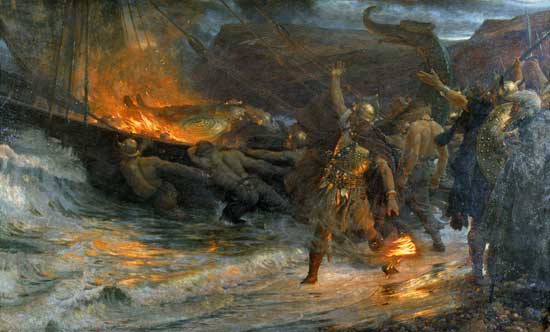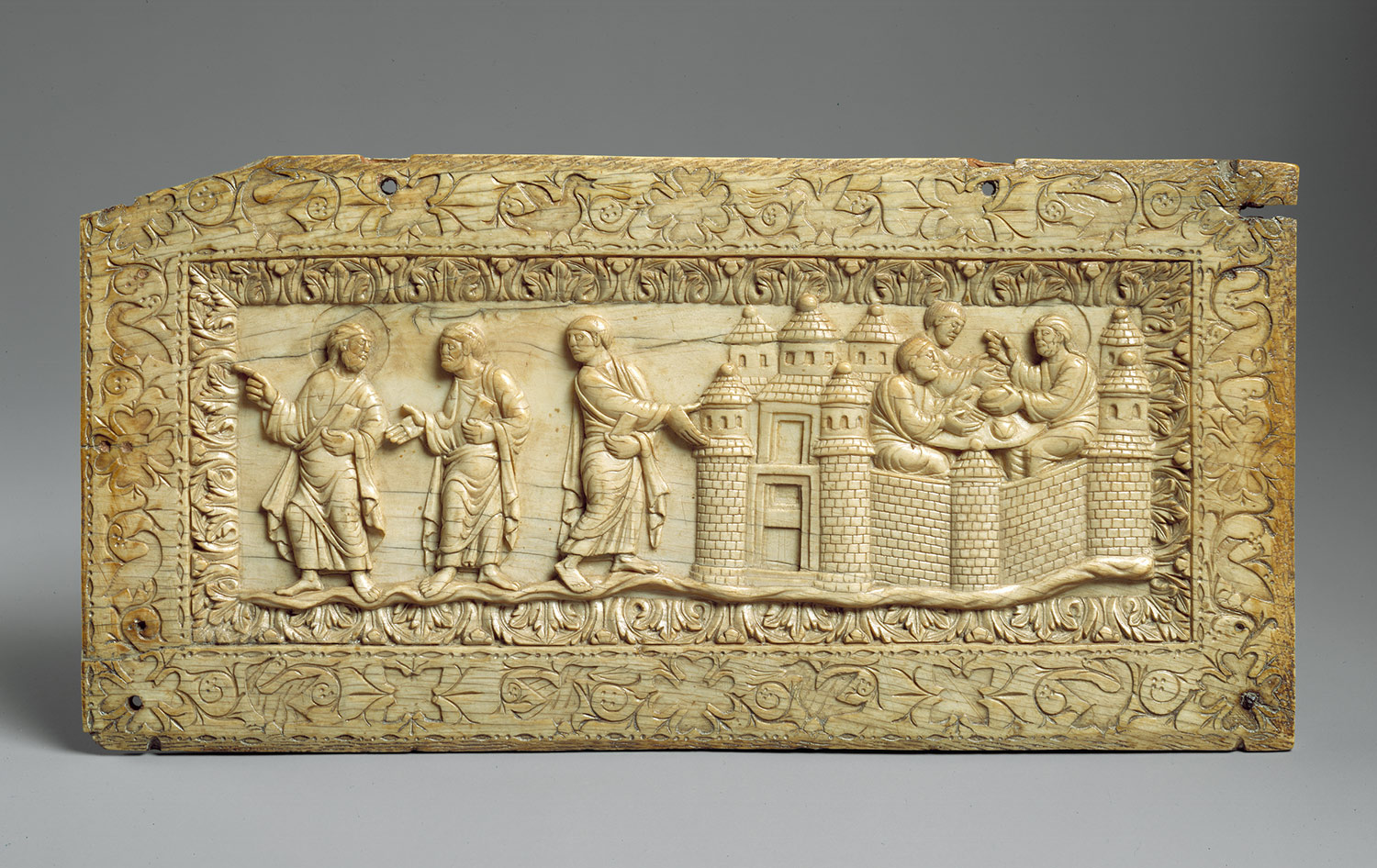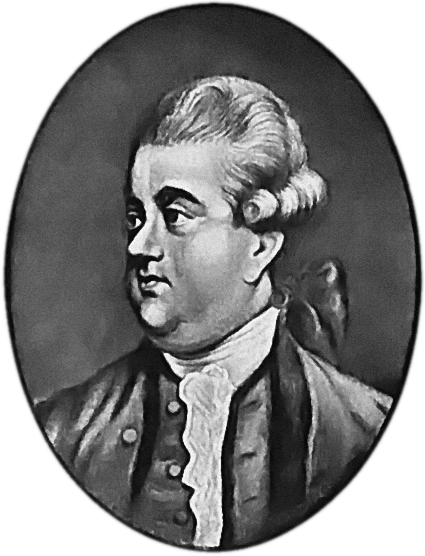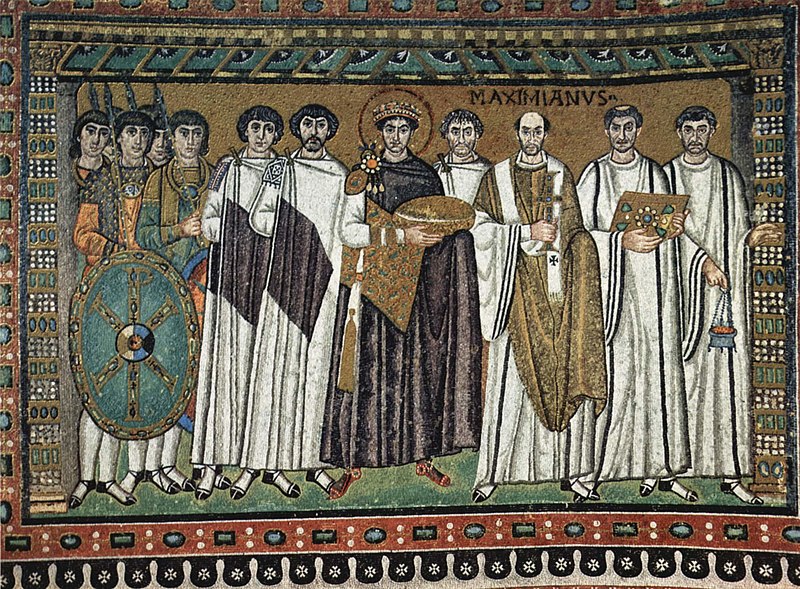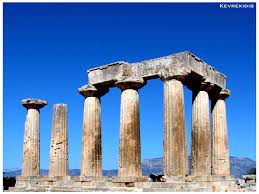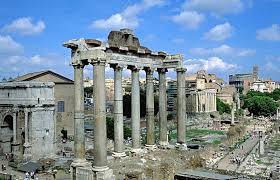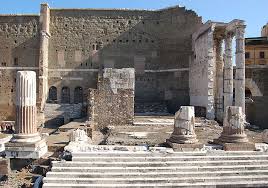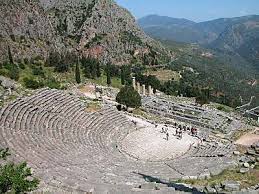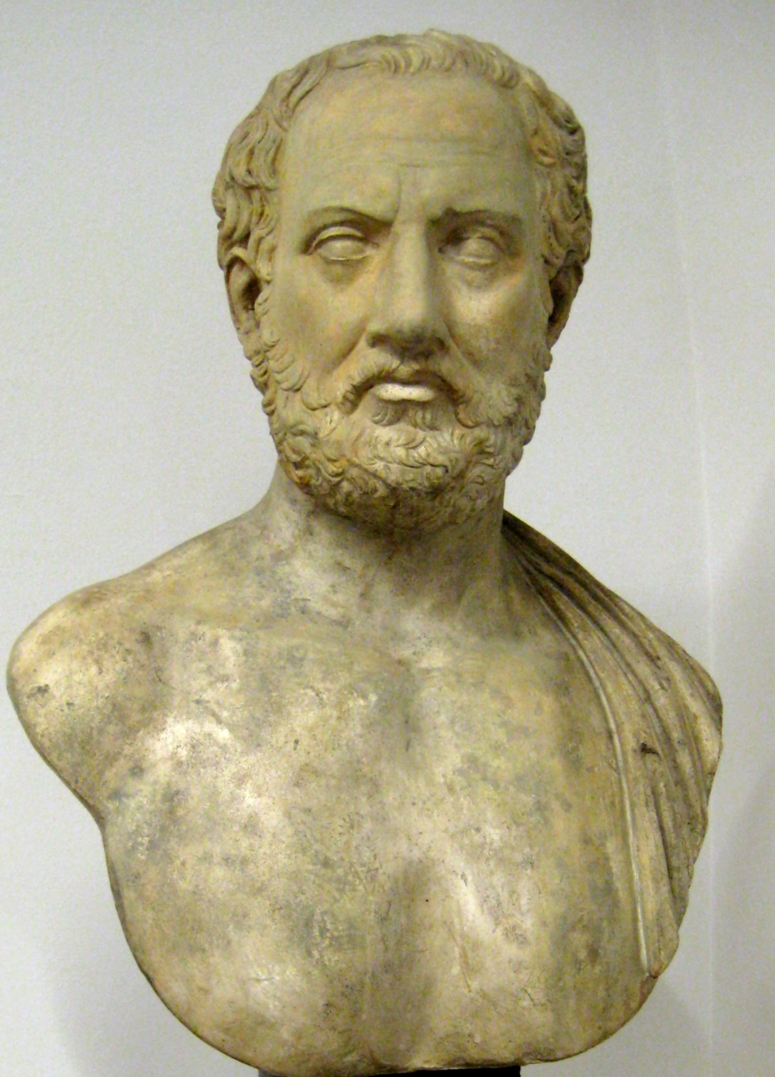During the American Civil War, after the battle of Gettysburg, the climax of the war, Abraham Lincoln gave his famous speech at the commemoration of the Field. His type of "funeral oration" is one of the most famous speeches in America to date starting with the phrase "four score and seven years ago" that is very known today. He gave this speeched at the consecration of Gettysburg where so many U.S. soldiers died. He believed that they should consecrate the field not only because so many died there, but for what they did die for, freedom. "...that from these honored dead we take increased devotion to that cause for which they gave the last full measure of devotion"(Lincoln). Another example of a funeral oration is the speech that Pericles gave at the funeral for the war dead, at the end of the first year of the Pelopennesian war. ("Pericles' Funeral Oration.") Pericles gave his speech and said that the Athenians that are still living should work for the cause that their dead die for. In both cases the speakers tell the living that they should not let the cause that the dead died for to rest.
Even though the speeches of Lincoln and Pericles are separate from each other they do share a certain link between them.
Honor was portrayed in each of these speeches. Honor was a major quality that was recognized in soldiers fighting in battle. In Lincoln's speech he declared, "It is rather for us to be here dedicated to the great task remaining before us…" (Lincoln). Lincoln praises the troops for being so dedicated to the war and fighting for the honor of their country. Pericles states that "…We have forced every sea and land to be the highway of our daring, and everywhere, whether for good, have left imperishable monuments behind us" (Pericles). Pericles explains that the soldiers would do anything for their country. Both Lincoln and Pericles honor their dead that have fought vigorously for their country.
Pride is the “pleasure or satisfaction taken in something done by or belonging to oneself or believed to reflect credit upon oneself.” (http://dictionary.reference.com/browse/pride) Both Pericles and Lincoln loved and were proud of their country. The pride that they felt toward their country is shown in their funeral orations. Pericles said "In short, I say that as a city we are the school of Hellas, while I doubt if the world can produce a man who, where he has only himself to depend upon, is equal to so many emergencies, and graced by so happy a versatility, as the Athenian. And that this is no mere boast thrown out for the occasion, but plain matter of fact, the power of the state acquired by these habits proves” (Pericles, http://www.fordham.edu/halsall/ancient/pericles-funeralspeech.html) Lincoln also shows the pride he felt toward his country in the funeral oration. Lincoln said “Four score and seven years ago our fathers brought forth on this continent a new nation, conceived in liberty and dedicated to the proposition that all men are created equal.” (Lincoln, http://odur.let.rug.nl/~usa/P/al16/speeches/gettys.htm) Lincoln is showing that the American people should be proud that they are a free country. Lincoln also talks about that the American people should be proud that they have liberties that other countries don’t have and that all men are created equal.
Patriotism is one of the key aspects needed for a country to grow to power and remain there for as long as time will allow. Many of the greatest leaders throughout history understood this concept of love and devotion to one’s country. They understood that they will have to suffer for the country to prevail. Both Lincoln and Pericles realized that for their country to survive they must utilize the concepts of patriotism. In Pericles’s funeral oration he said, “Such is the Athens for which these men, in the assertion of their resolve not to lose her, nobly fought and died; and well may every one of their survivors be ready to suffer in her cause” (Pericles). Pericles told everyone present for his speech of past events; that in order to not lose Athens to enemy forces the men had to produce unfathomable amounts of patriotism and died for their country. Now that they have already done that it is up to them to take the reins and suffer for the benefit of the great city. Lincoln, in his Gettysburg Address, also spoke of patriotism. He said, “We have come to dedicate a portion of that field as a final resting-place for those who here gave their lives that that nation might live” (Lincoln). Much like what Pericles had mentioned in his speech about death for advance Lincoln says also. Brave soldiers gave their lives, knowing that they must do so in order for their nation to stay above the clutches of their enemies. In the speeches of Lincoln and Pericles they both exemplified patriotism and how it can save a nation.
Although Abraham Lincoln and Pericles were separated by time, their funeral orations had a lot in common. The both gave speeches at a time of civil war, even though Athens and Sparta are not one they are joined by being Greek. Both speakers told their audiences they should not let the cause that their countrymen died for, be put to rest. They both spoke of how to have honor and pride to be patriotic. The link between Pericles and Lincoln is that they want their fellow countrymen to aid them in not letting the many deaths around them die in vain. Both Pericles and Lincoln believed in their countries and knew that the right words would help their fellow citizens to rise to the occasions surrounding them.
Works Cited
"Pericles' Funeral Oration." Wikipedia. Wikipedia, 11 Mar. 2010. Web. 29 Mar. 2010. <http://en.wikipedia.org/wiki/Pericles'_Funeral_Oration>.
"Pride". Dictionary.com. 3/31/10 http://dictionary.reference.com/browse/pride.
Lincoln, Abraham. "The Gettysburg Address". odur.let.rug.nl. 3/31/10 http://odur.let.rug.nl/~usa/P/al16/speeches/gettys.htm.
